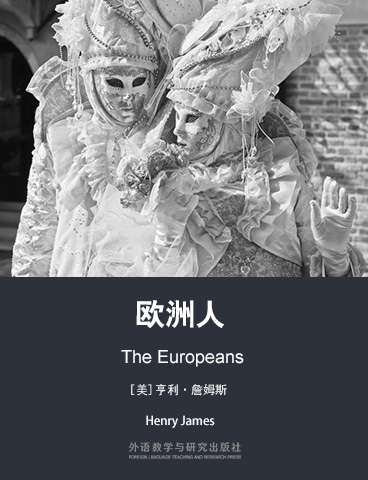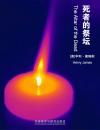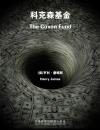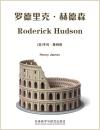One of the most important themes of theis novel is the comparison between European and American women, which James stresses through the great difference existing between Eugenia and the Wentworth ladies. Critic Robert Gale credited James with a "specifically well-delineated New England" in the book, which he found "charming".
《欧洲人》是美国作家亨利·詹姆斯继创作《美国人》之后的又一部“国际主题”的代表作,它讲述了在美国寻求幸福生活的一对法国姐弟在渴望了解美国文化的道路上遇到的种种碰撞,他们最终发现自己的道德观念与美国的传统观念格格不入,找到了幸福的弟弟和失落的姐姐选择回到法国。该作品展示了欧美的文化冲突,对比了两种人生观——欧洲人的享乐主义与美国清教徒式的沉闷悲观主义。它是一部文化冲突与融合的喜剧。
The Europeans: A sketch is a short novel by Henry James, published in 1878. It is essentially a comedy contrasting the behaviour and attitudes of two visitors from Europe with those of their relatives living in the "new" world of New England. The novel first appeared as a serial in The Atlantic Monthly for July—October 1878. James made numerous minor revisions for the first book publication.
- CHAPTER I
- CHAPTER II
- CHAPTER III
- CHAPTER IV
- CHAPTER V
- CHAPTER VI
- CHAPTER VII
- CHAPTER VIII
- CHAPTER IX
- CHAPTER X
- CHAPTER XI
- CHAPTER XII
- 书评 写书评
- 笔记
-
书评加载中...























 京公网安备 11010802032529号
京公网安备 11010802032529号
笔记加载中...